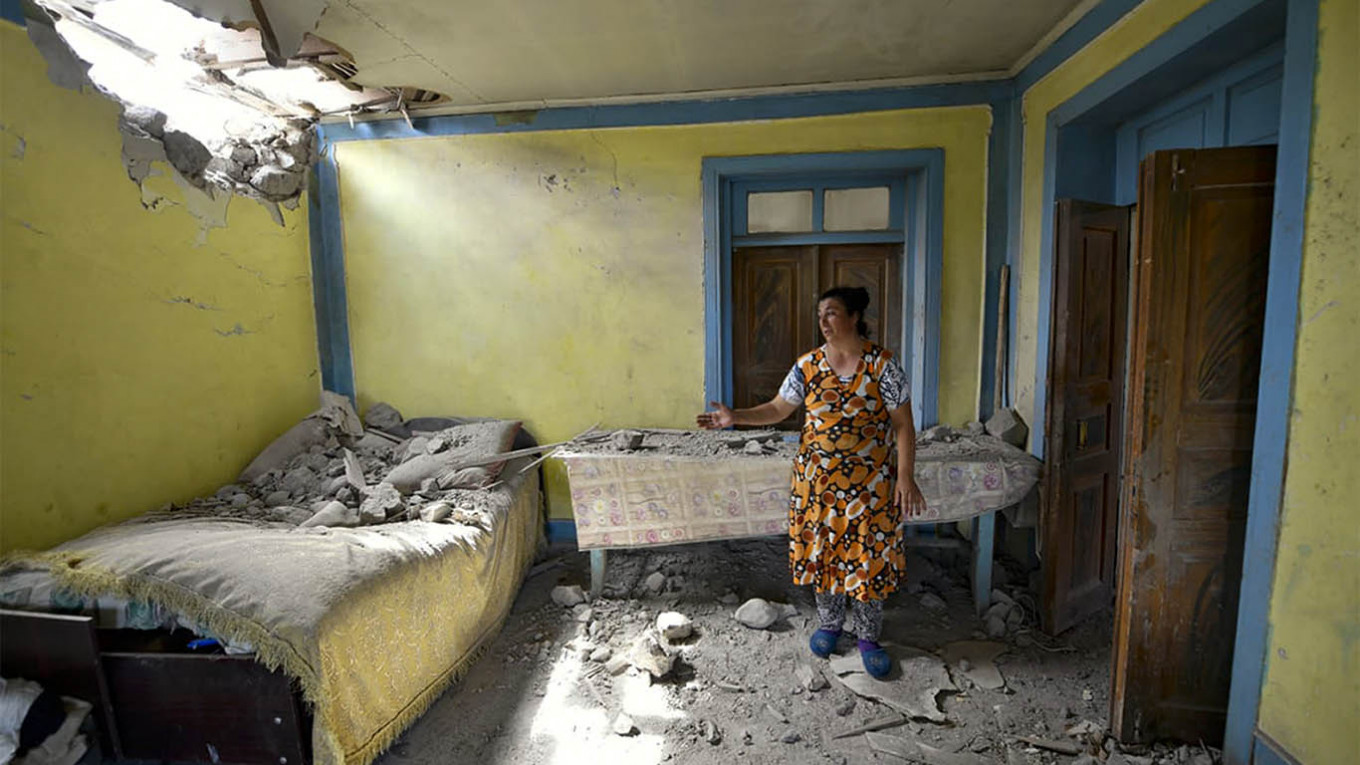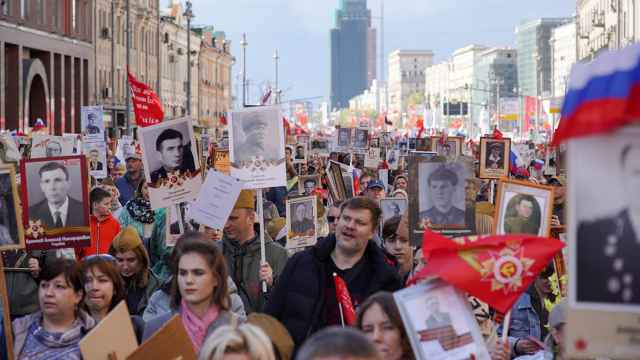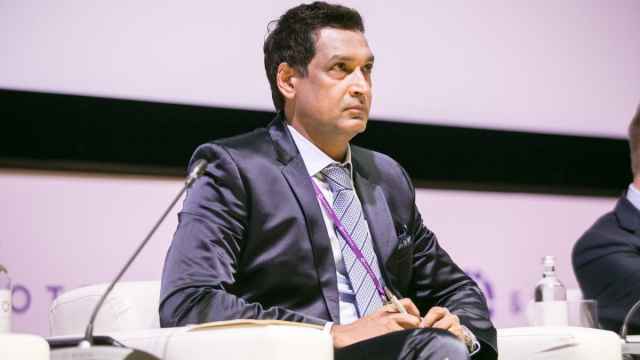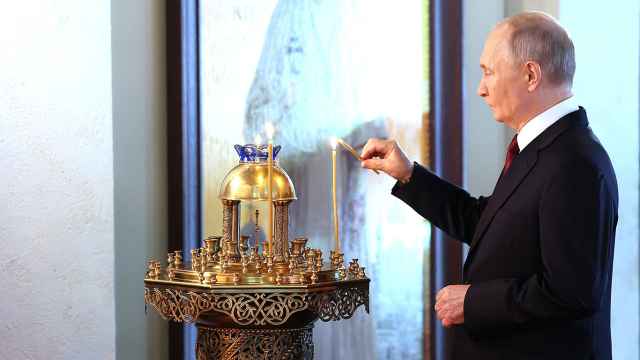The armed clashes between Azerbaijan and Armenia this month are the biggest since their Four-Day War back in April 2016. This time, the confrontation is not along the contact line in the disputed Nagorno-Karabakh region, but along the two countries’ shared border. In other words, it’s not a separatist or irredentist issue this time around, but a border conflict with a new international dimension.
Armenia’s borders, for example, are patrolled by both Armenian and Russian border guards. Furthermore, Armenia is part of the Russia-led Collective Security Treaty Organization (CSTO) and Eurasian Economic Union (EEU), and hosts a Russian military base. Azerbaijan has refrained from taking part in such integration projects, but it has influential allies, primarily Turkey. Ankara has consistently supported Azerbaijan’s territorial integrity and condemned Armenia’s actions in Nagorno-Karabakh, which is internationally recognized as Azerbaijan’s territory but controlled by Armenian separatists.
The situation is exacerbated by the fact that Armenia and Turkey have not yet put the traumatic legacy of their previous conflicts behind them. The neighboring countries do not have diplomatic relations, and since 1993, Turkey has kept its border with Armenia closed.
As was to be expected from the allies of the two sides, Moscow and Ankara have very different takes on the new flare-up between Armenia and Azerbaijan. Turkish Defense Minister Hulusi Akar accused Armenia of having followed a policy of aggression for many years, and of having illegally occupied Azerbaijani territory. Russian President Vladimir Putin merely said Moscow was prepared to act as a mediator in the resolution of the armed clashes.
Moscow’s cautious position seems to many in Armenia to fail to meet Russia’s obligations as its CSTO ally. In other conflicts in the former Soviet arena, from South Ossetia to Crimea, Moscow took far tougher action. So why is it exercising such restraint where Armenia and Azerbaijan are concerned?
The Kremlin’s reaction reflects several fundamental aspects of Russian policy in the region. Firstly, Moscow does not have a universal approach to regulating all the conflicts in the Caucasus, let alone across the former Soviet Union. The model used in the breakaway Georgian regions of Abkhazia and South Ossetia was not used in Transnistria, just as what happened in Crimea was not repeated in the Donbas. Moscow doesn’t follow any preset standards or ideological tenets; it simply reacts to the dynamic of the conflict on the ground.
Secondly, for Russia, even in multilateral structures, bilateral relations are particularly valued. One key difference between Azerbaijan and Georgia, where Russia responded harshly to the escalation of August 2008, is that Baku does not accompany its actions to restore its territorial integrity with anti-Russian rhetoric.
On the contrary, Azerbaijan looks favorably upon Moscow as a mediator in the resolution of the Nagorno-Karabakh conflict, and always has, and Putin and his Azerbaijani counterpart Ilham Aliyev have a good relationship. Baku may be skeptical about the prospects of joining the CSTO or the EEU, but unlike Georgia, it doesn’t aspire to join NATO or the EU, and is openly critical of many Western political and social standards.
Moscow and Baku also cooperate in many areas, from cross-border security and energy to the use of Caspian resources and transport projects. The Kremlin does not want to see Azerbaijan turn into another Georgia, and so does not intend to push Baku onto the path of confrontation.
If Azerbaijan’s leadership itself chooses to turn its back on Russia and pursue a path of Euro-Atlantic solidarity, then Moscow’s position will of course become far less cautious and nuanced. But until that happens, Russia will strive to perform a balancing act between Yerevan and Baku.
It was Moscow that brokered a ceasefire in the Nagorno-Karabakh conflict in May 1994, and put an end to the Four-Day War in April 2016. It’s likely that this time, too, it’s Russia that will get the two sides back to the negotiating table.
Unlike in Abkhazia or the Donbas, Russia’s role in this conflict is viewed positively by both the United States and the EU, not to mention the two sides in the conflict. For Moscow, it’s not worth risking that capital just for another opportunity to demonstrate its strength, though that option can’t be ruled out altogether, especially as a response to attempts by other world powers to disrupt the status quo to force Russia out of the region. But as long as that doesn’t happen, Moscow will continue to combine several seemingly irreconcilable things: a union with Armenia, a partnership with Azerbaijan, and mediation in the long-running Armenian-Azerbaijani conflict.
This state of affairs doesn’t suit either Baku or Yerevan entirely, of course. But for Moscow, making a definitive choice in favor of either side would drastically reduce its room for maneuver. In any case, Russia understands perfectly that it’s down to the two sides to search for compromises. They may not be prepared to do so, but no one else is going to do that work for them.
Still, there are plenty of tasks that it is fully within Russia’s power to solve, such as neutralizing the consequences of potential escalation, and maintaining the basis for, if not substantive talks, then at least managing the conflict to prevent it from unfreezing irrevocably. For Moscow, all other options regarding Armenia and Azerbaijan run the risk of sharply polarizing the Caucasus, which could stir up other powers there — from Turkey to the United States and the EU — and cause Russia to lose its status as an unbiased broker in the Nagorno-Karabakh conflict resolution.
In addition, Russia picking a side in the conflict would be dangerous for Armenia and Azerbaijan, as it would mean a breakdown in relations with Moscow for the other side. As a result, Nagorno-Karabakh would go from being a unique place where Russia and the West cooperate, despite their global confrontation, to yet another theater for their rivalry, with all the ensuing risks and dangers.
This article was first published by the Carnegie Moscow Center.
A Message from The Moscow Times:
Dear readers,
We are facing unprecedented challenges. Russia's Prosecutor General's Office has designated The Moscow Times as an "undesirable" organization, criminalizing our work and putting our staff at risk of prosecution. This follows our earlier unjust labeling as a "foreign agent."
These actions are direct attempts to silence independent journalism in Russia. The authorities claim our work "discredits the decisions of the Russian leadership." We see things differently: we strive to provide accurate, unbiased reporting on Russia.
We, the journalists of The Moscow Times, refuse to be silenced. But to continue our work, we need your help.
Your support, no matter how small, makes a world of difference. If you can, please support us monthly starting from just $2. It's quick to set up, and every contribution makes a significant impact.
By supporting The Moscow Times, you're defending open, independent journalism in the face of repression. Thank you for standing with us.
Remind me later.








